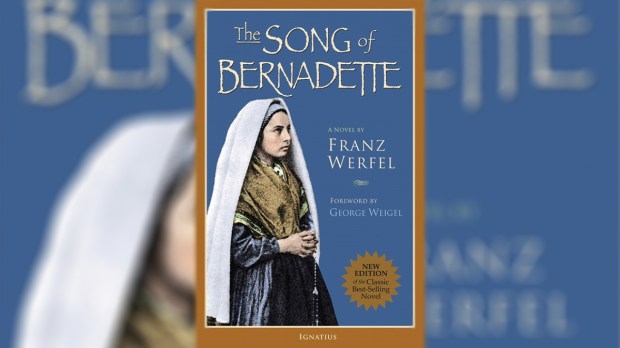Honoring the dead is very much the flavor of the autumn months. The funeral of Her Majesty Queen Elizabeth was the biggest event for decades. Until that happened, I thought a long queue was what I saw outside Westminster Cathedral as a volunteer for the visiting relics of St. Bernadette of Lourdes.
The tour is winding up this month [October] at two of London’s other cathedrals. The (Catholic) St. George’s Cathedral Southwark is on the opposite side of the River Thames from Westminster Abbey. It was in Southwark that the crowd lined up for five miles to see the coffin of the late Queen. This was Britain’s largest Catholic church in the 19th century, before Westminster Cathedral went up. The magnificent old building never fully recovered from a German bombing raid in 1942.
After Southwark, there is a final short stop among a congregation that is going through its own contemporary anguish at the Ukrainian Catholic Eparchy.
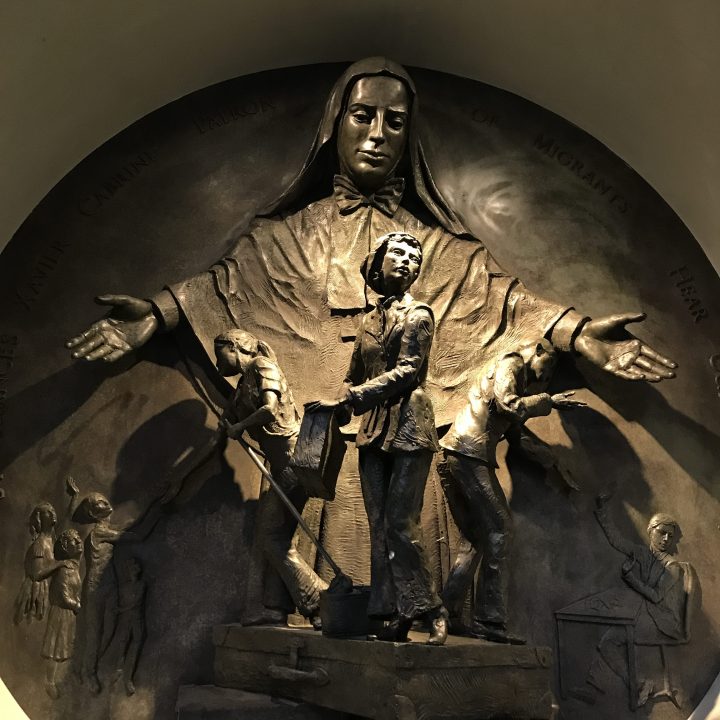
A literary lion cub
The man who wrote among the most moving books and movies on the life of a saint was a victim of Germany rather than Russia. Franz Werfel had been brought up Jewish in Prague. Unlike his celebrated friend Franz Kafka, Werfel took a great interest in religious themes. Before World War II, he had been prominent enough to incur the wrath of the Nazis. They were especially displeased by his writing about the atrocities suffered by Armenian Christians at the hands of their would-be ally, Turkey.
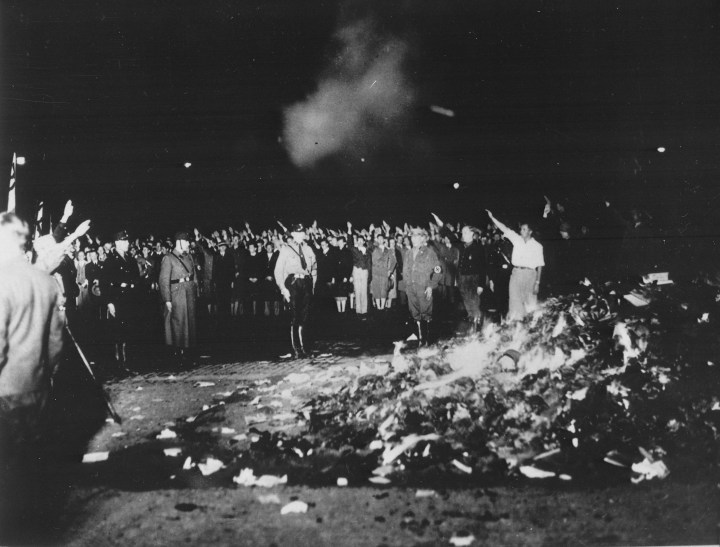
Bundesarchiv, Bild 102-14597 / Georg Pahl / CC-BY-SA 3.0
As with so many others in Central Europe, the solution was to escape Nazi control. Werfel and his wife, Alma, the Catholic widow of super-composer Gustav Mahler, sought refuge in the South of France. Unfortunately for these émigrés, the Third Reich’s influence soon extended to their new home. Being married to a Catholic would not save Werfel. It was time to flee again.
Last resort in Lourdes
As the couple headed towards neutral Portugal, they had to hide in the town of Lourdes.
There, Werfel experienced such kindness in the midst of Nazi oppression, he vowed to write about the saint he had learned so much about while staying there. The people of Lourdes and the High Pyrenees were helping countless refugees at the time. The Daughters of Charity were especially well placed to live up to their name. The nuns’ speciality was protecting Eastern European Jewish children by fooling the occupying forces into believing they were deaf mutes unable to speak French.
The man who brought St. Bernadette to life
Franz and Alma eventually reached the USA. In 1942, Werfel’s The Song of Bernadette was published in English. It became the best-selling book in America. That year Life magazine celebrated Werfel’s story by turning his words into a photo-essay before the movie had been filmed. The author wrote in the article:
“I found a haven in Lourdes. I vowed that if I escaped from my predicament, I would sing as best I could the song of Bernadette. I shall be eternally encouraged that the people of America have shown that in their time of trial they too are appreciating The Song of Bernadette.”
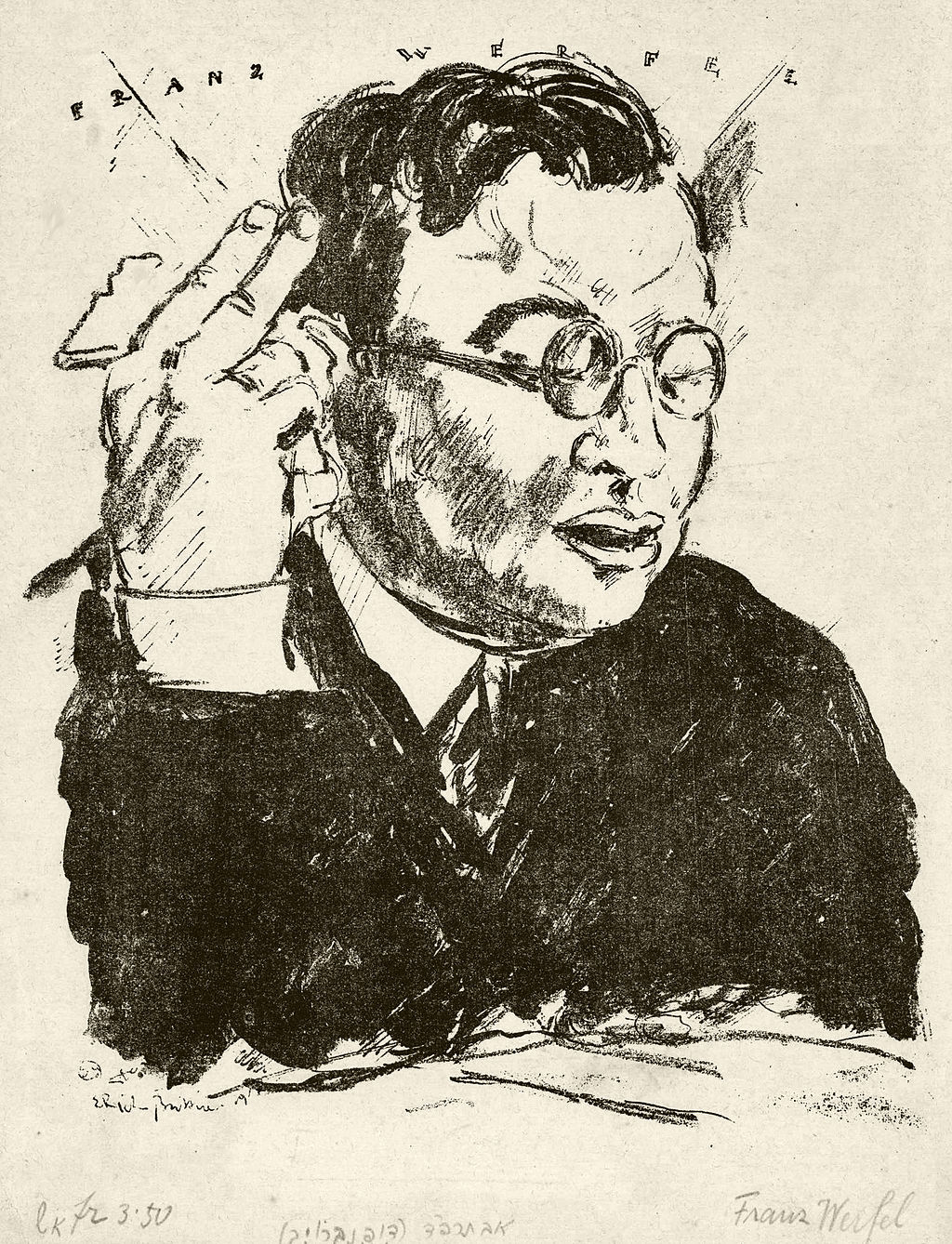
File:Franz Werfel by Erich Büttner.jpg – Wikimedia Commons
As Lourdes and St. Bernadette had saved his life, he created an enduring and exquisite ex-voto offering. The movie was as big a triumph as the book. This was certainly not assured at the time. The most powerful man in Hollywood, Joe Breen, enforcer of the Hays Code, told the less fanatical Father Daniel Lord that he “doubted that film would appeal to audiences in a pagan country such as this [USA].”
A Jewish author and a Catholic story came together, and even the Protestant majority enjoyed its wholesomeness. In a divided America, which had only entered the war little more than a year before, the film proved to be a miracle of togetherness.
Eighty years later, the song lives on
There have been many versions of St. Bernadette’s life created for books, cinema, theatre and TV. Nobody has tried to remake The Song of Bernadette though. Among the alternative tellings are an Indian film that I’ve never seen and a legendary British fiasco that I do remember from 1990. Rarely has any London stage show been given as much pre-publicity as Bernadette: The People’s Musical. The public put money into a project that was eagerly promoted by the UK’s major newspapers. Despite everyone wanting this show to work, everything went wrong. It lasted three weeks at one of London’s largest theatres and the appalling reviews have gone into theatreland folklore. It seems that only Werfel’s telling of the saint’s life could convince the world.
Giving a young girl a voice
Neither the book nor the movie of The Song of Bernadette was a musical, and yet they were both hymns of praise. The producers offering the film took this so seriously they initially enticed Igor Stravinsky into composing the score. Contractual problems led to Alfred Newman, Director of Music at 20th Century Fox, to take over. In his quest for authenticity Newman learned about Gregorian chant and the local music of the High Pyrenees. He stated that “It was an affirmation of the strength and singleness of heart engendered in any person, in any age, by a complete faith.” The score won an Academy Award for Newman in 1944.
The face of faith
Bernadette was, it seems, the first Catholic saint to be photographed. It makes sense that the director of The Song of Bernadette insisted on shooting the movie in black and white, bringing in more Oscars. Monochrome better reflects the era of the saint as well as making a point about light and dark, belief and doubt. In the words of the chief doubter at the end of Werfel’s story, played by Vincent Price: “Pray for me, Bernadette.” St. Bernadette is still healing wounds in 2022, and not only in Lourdes.
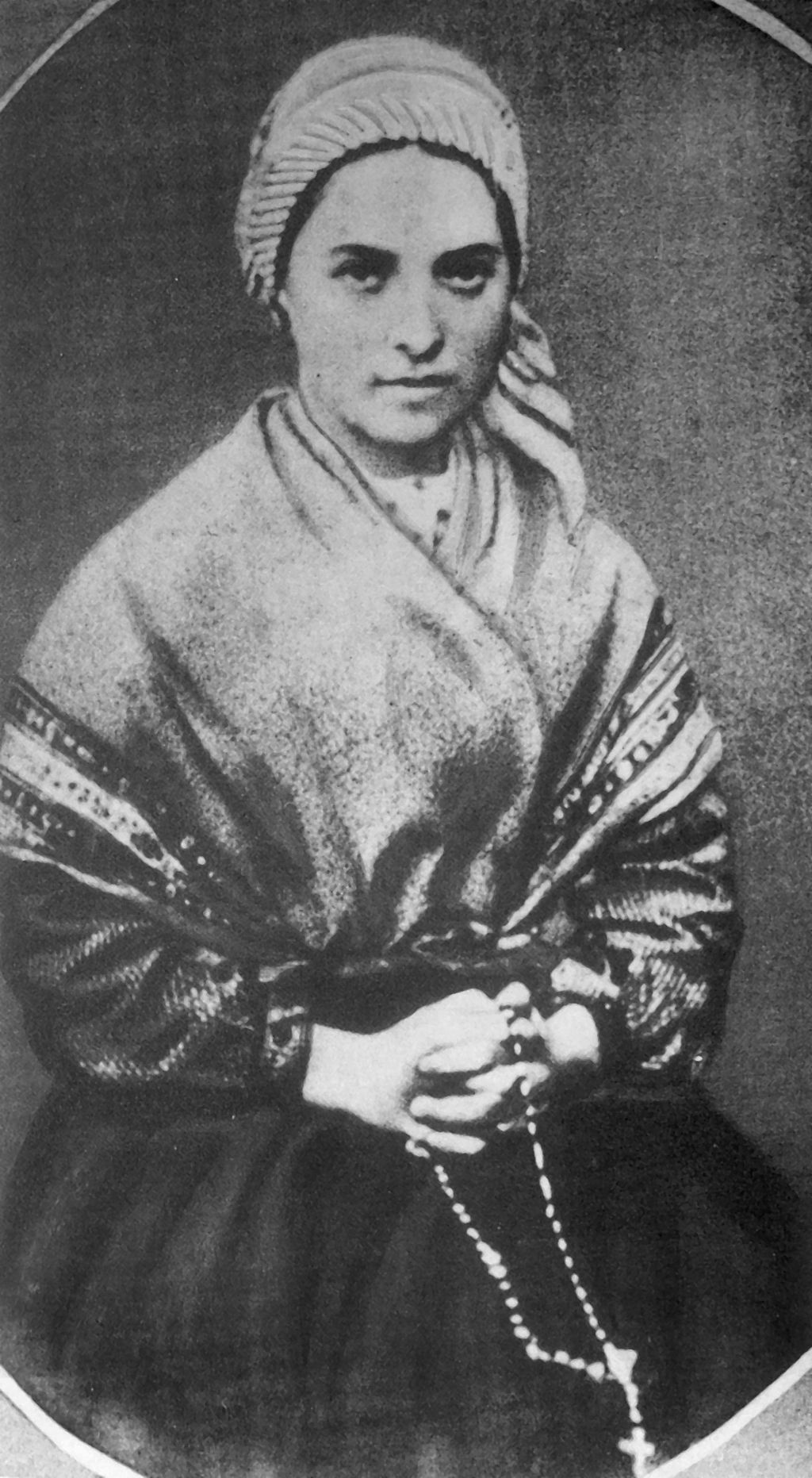
File:Bernadette Soubirous en 1861 photo Bernadou 3.jpg – Wikimedia Commons
